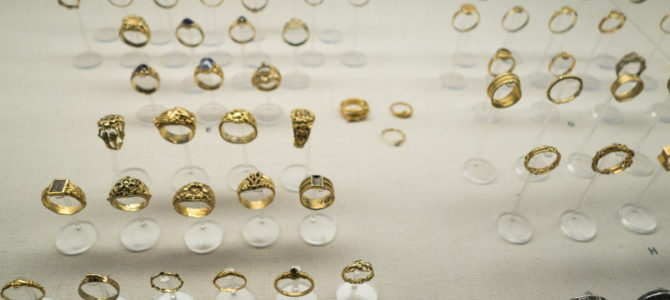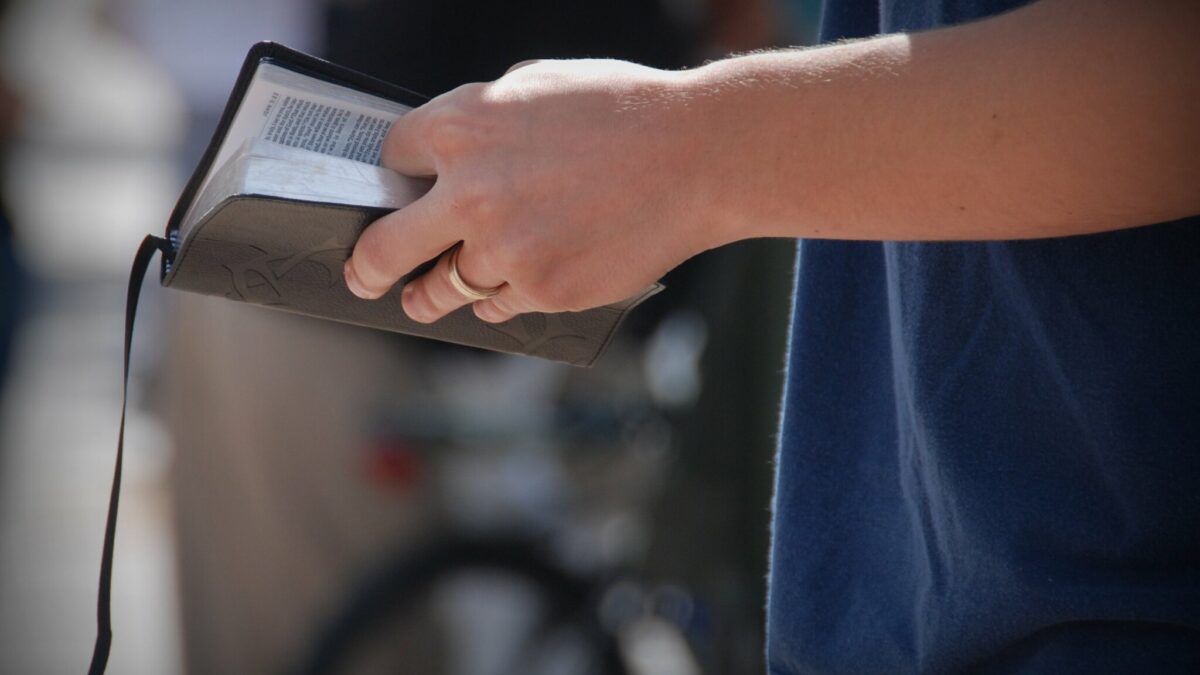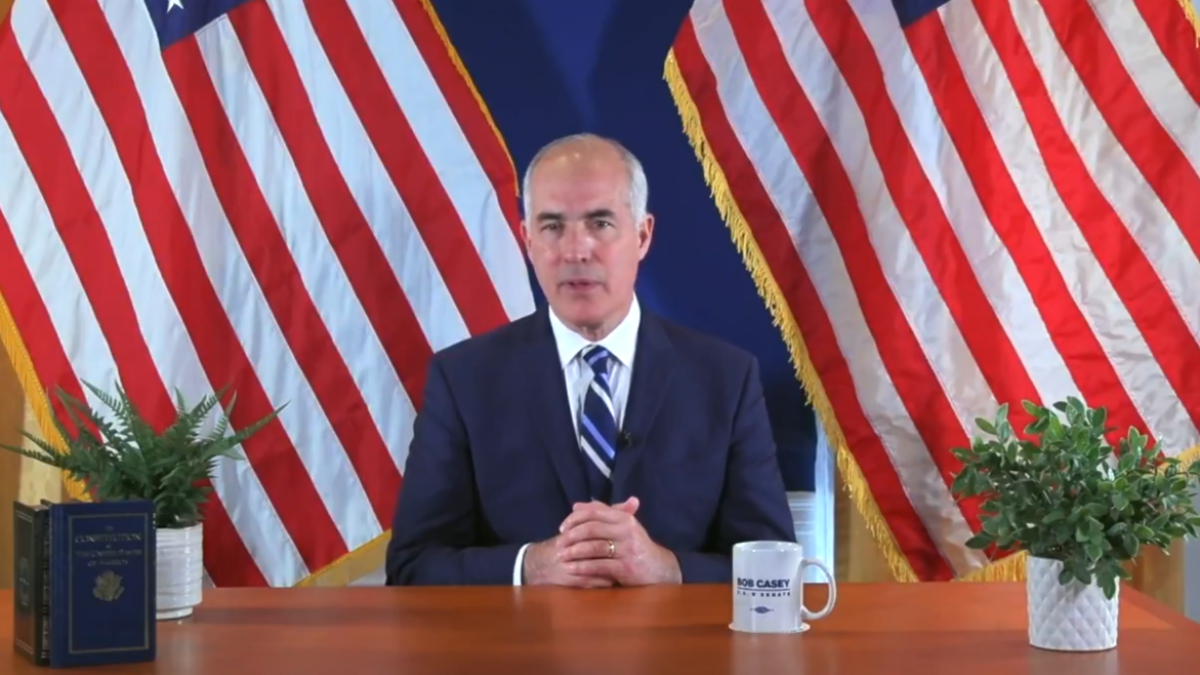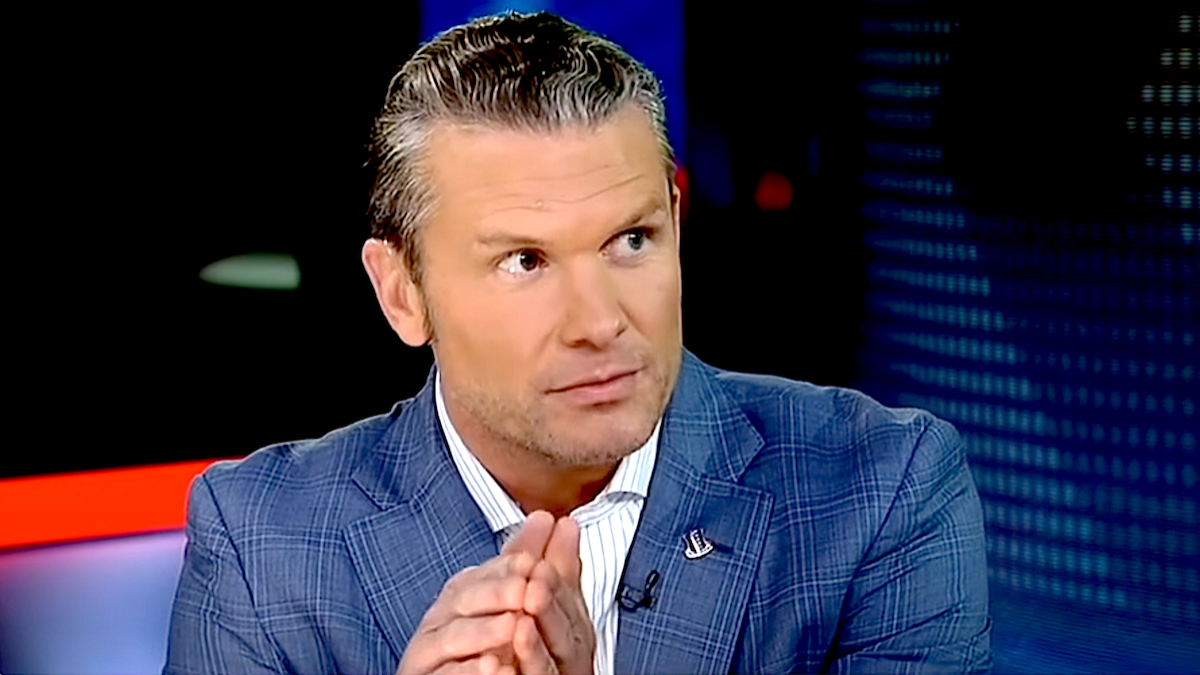
It has been years since I gave thought to the day my soon-to-be husband and I shopped for our wedding rings. But this year our anniversary coincided with an appeal filed with the Colorado Court of Appeals by Alliance Defending Freedom on behalf of Jack Phillips, the Christian owner of Masterpiece Cakeshop.
His trials began in 2012 after he refused to make a same-sex wedding cake. He would sell the male couple other baked goods, but not a wedding cake. After six years of litigation, Phillips won a 2018 Supreme Court decision on faith-based grounds. Now Phillips is again in court.
This time, he is appealing a June 2021 ruling against him for having refused, in 2017, to design a cake celebrating the transmutation of Charlie Scardina into Autumn Scardina. The requested cake was to be pink on the inside, blue on the outside, and iced with affirming messages.
A transgender male and activist lawyer, Scardina targeted Phillips to “correct the errors” of his thinking. When his lawyers first brought suit, they threatened to sue Phillips again if the case were dismissed for any reason. The baker’s ongoing persecution is a chilling emblem of a legal system disfigured by the elevation of unfettered egoism over civility and the common good.
The decades-old story of my wedding ring illustrates the contrast. Let me explain.
Haggling for a Wedding Ring
Our wedding date was set. It was time to pick a ring. But where to look for one? How to shop? We were young and broke. It would be some years before we could afford to pay retail. Luckily, my intended was a combative shopper, born to hondel. He did not believe in fixed prices. There were only asking prices begging to be negotiated.
We started in Manhattan’s diamond district in the west Forties. No diamonds were on our shopping list. But 47th Street was a place to haggle, draw swords, dicker away until the doomed asking price dropped in exhaustion.
His ring was easy. A plain gold band was all. It was mine that took hunting. I wanted something low-keyed but rich with symbolism. No glitz. It had to be unembellished but eloquent — a sort of Grail for my ring finger.
I had no idea what my adjectives might look like in the concrete. So we trooped from stall to stall in the Diamond Exchange scouting for . . . what, exactly?
Then, finally, there it was. In the showcase of an older jeweler, his forearm tattooed with numbers from a concentration camp, were simple gold bands embossed with phrases from the Tanakh. They were cut in the identical ancient block script familiar to Jesus of Nazareth who grew, as the Gospels tell us, in wisdom and study of Torah.
The graphic beauty of the Hebrew characters — heightened by our inability to read them — seemed a visible link to Him in Whom we would marry. One square letter followed another, spacing calculated to encircle the band with no marked beginning or end.
The indissolubility of marriage seemed imprinted in the very design. Add the romance of indecipherability. This was my ring!
Next came the contest over cost. The groom-to-be went into gladiatorial mode. The seller was good at the game. It was a spirited match. Eventually the two settled on a price.
Honoring a Sacred Text
All that was left was to decide on was the inscription from a sheet of suggested phrases. My heart set on a passage from the Book of Ruth that reads in full:
Ruth said: ‘Entreat me not to leave thee, or to return from following after thee; for whither thou goest I will go, where thou lodgest, I will lodge; thy people shall be my people and thy God my God.’
Only the central portion (“whither thou goest . . .”) could fit around the ring, but the entire antiphon is implicit in the fragment. Ruth’s pledge to Naomi is the purest and most stirring statement of friendship I have ever known. I ached to claim it for myself and wear it for the rest of my life.
Was one of us Jewish? The jeweler wanted to know. Was either of us leaving another religion to become Jewish? No, we were not. Well, then, he was sorry but he would not give us that particular quotation. The point was non-negotiable. Pick a different phrase.
The rebuff was a sore let-down, but we did not press. We deferred to his prohibition because, in some unspoken way, we understood. The story of Ruth is one of conversion that affirms the Jewish nation. It testifies to peoplehood. The intensity of this man’s concern to honor the sacred core of the text moved us. Here was a man who had suffered the unspeakable for no other reason than he was part of the people Ruth pledged herself to.
There was grace in his refusal. Had he granted me the words I craved, he would, in conscience, have violated the grandeur of them. Ruth’s commitment was not simply to another person but to a covenanted community bound together since the call of Abraham. Her words were his inheritance; he was not free to extend them to us.
Disappointed, I settled for words from the Song of Solomon: “I found him whom my soul loveth.” Over the years, my second choice proved to be the truer one. The ring is dearer to me than anything else I possess. But I did not feel that then.
A Man’s Moral Right to Refuse
What innocents we were. It never entered our minds to challenge the denial. We took for granted the man’s moral right to refuse us; any legal issue, then, was irrelevant. But by today’s lights, we gave in too readily. We could have raised a stink. Demanded our rights as consumers. Bullied the vendor with accusations of anti-Christian bigotry. We did not have to submit to the discomfort of being told we were ineligible for what we desired.
“Something there is that does not love a wall, / That wants it down.” Pace Robert Frost, not every barrier should be cleared away. Not everything is permeable. A nation cannot survive without borders; no culture endures without limits.
Walls provide a bulwark against chaos and dissolution. That day in the Exchange, we stumbled against the very wall a man had clung to in the camps. It was the same one that had kept Jewry from disappearing centuries before modern nation states existed.
Had we been noisy enough, I might have gotten the thing I wanted at the time. But at what cost to the common good?
How do we discern which walls, like dikes, have to be maintained, and which left to crumble? Aggressive shows of grievance are meant to deflect discernment, not advance it. In the absence of a shared moral code, our courts wrestle to accommodate malcontents who are not satisfied with the freedom to live differently. They demand assent, even obeisance, to their difference.
Supreme Court Justice Anthony Kennedy enshrined the demand. As he declared three decades ago: “At the heart of liberty is the right to define one’s own concept of existence, of meaning, of the universe, and of the mystery of human life.”
In the years between these two stories of thwarted wants, civic culture has positioned Kennedy’s nihilism as a civil right. And we are all poorer for it.









